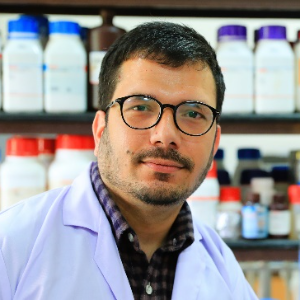Title : Impact of edible polysaccharide fillers on citrus phenolic encapsulation: Development and characterization studies
Abstract:
Citrus medica L. phenolic constituents were encapsulated in alginate microbeads with improved binding efficiency using polysaccharide fillers to deliver healthy attributes. Food grade polysaccharide fillers (starch, carrageenan, and pectin) were utilized at different concentrations (0.5–4%) to accelerate encapsulation efficiency, and control swelling release. For controlled extrusion and acquiring uniform microbead size, blended solutions were exposed to a similar set of instrumental conditions. Among these various sets of encapsulations, four concentration mixtures [AE; Alginate (2%) and phenolic extract (2%), ASE; Alginate (2%), starch (2%), phenolic extract (2%)], [APE; Alginate (2%), pectin (2%), phenolic extract (2%)], and [ACE; Alginate (2%), carrageenan (1%), phenolic extract (2%)] were selected based on encapsulation efficiencies. Further, physical properties such as sphericity factor, size, viscosity) were analyzed on these three optimized microbeads. Results have shown that higher encapsulation efficiency was achieved in APE (90.18%) with higher antioxidant activity (EC50- 108.97 μg/mL). APE also showed a controlled release and swelling pattern compared to others in simulated in vitro gastrointestinal conditions. Further, UHPLC-DAD-QTOF-IMS detected a higher hesperidin amount (264.11 mg/100 g) followed by polymethoxyflavones (PMFs) in APE microbeads. FTIR-based chemical interactions and SEM detection of smooth surface morphology in APE confirmed that extract encapsulation can be enhanced in alginate mixtures through polysaccharide fillers. Finally, would assist the therapeutic or preventive applications of citrus phenolic constituents.




